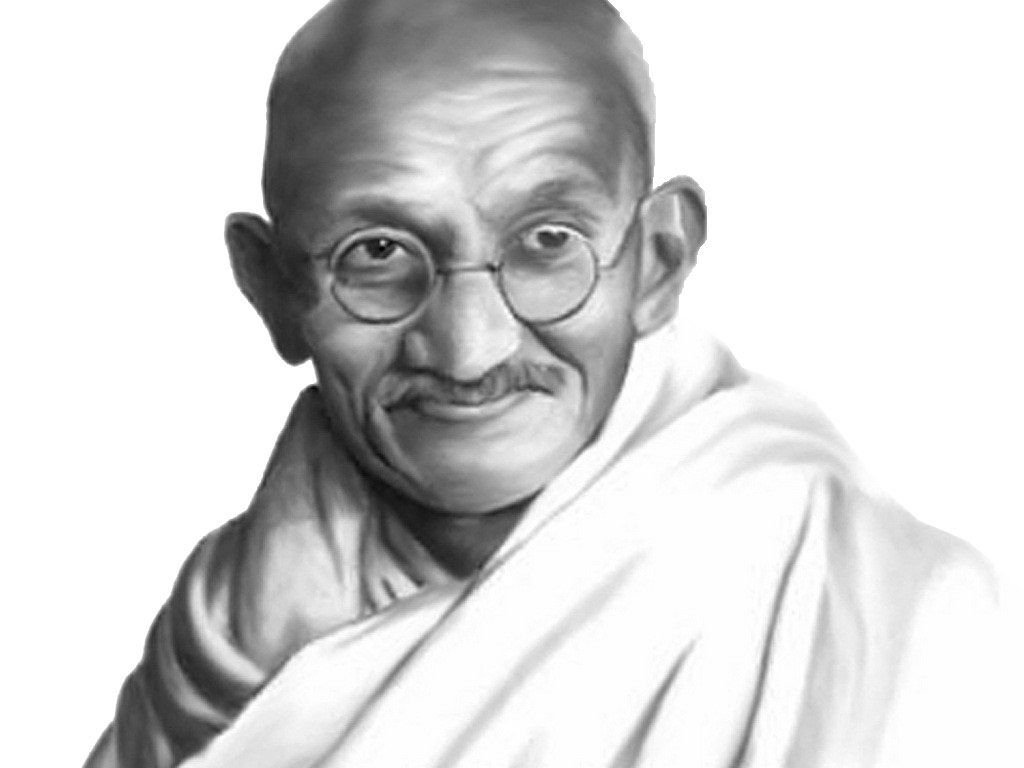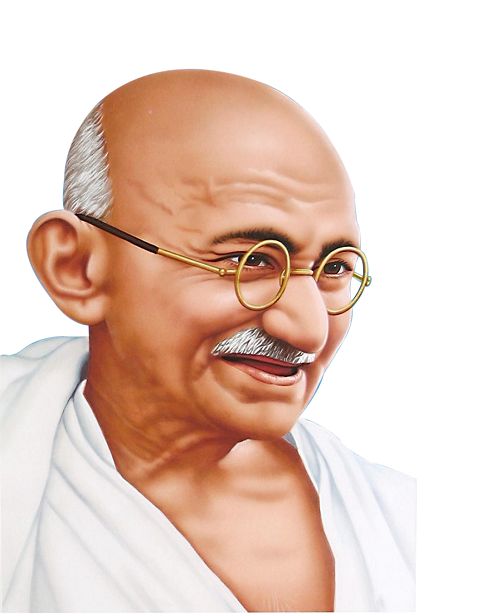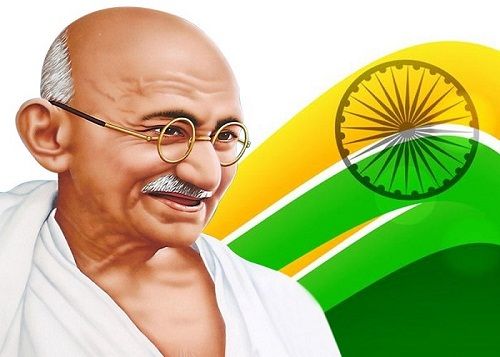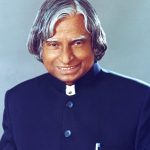Mahatma Gandhi
- Home
- Department
- Mahatma Gandhi
Mahatma Gandhi, born on October 2, 1869, in Porbandar, India, is revered as a pivotal leader in the struggle for India’s independence. His philosophy of nonviolence (ahimsa) and truth (satya) reshaped social and political movements globally, advocating for peaceful resistance against oppression. Gandhi’s teachings encourage individuals to confront injustice without violence, emphasizing the power of love and compassion in achieving lasting change.
Gandhi’s journey began with his education in law in London, where he developed his foundational beliefs in justice and equality. His profound impact emerged during his time in South Africa, where he fought against racial discrimination. Upon returning to India, he led mass movements like the Salt March, galvanizing millions to join the struggle for freedom.


A Visionary Leader
His core beliefs centered on self-realization, social justice, and the upliftment of the marginalized. Gandhi famously stated, “You must be the change you wish to see in the world,” inspiring countless individuals to act with integrity and compassion. He believed in the interconnectedness of all beings and promoted the idea that true strength lies in nonviolent action and selfless service.
Jobs and Unemployment
City employment issue opportunities are position descriptions are listed.
Read MoreBusiness and industry
City employment issue opportunities are position descriptions are listed.
Read MoreRoads & Transportation
City employment issue opportunities are position descriptions are listed.
Read MoreLegacy of Peace
Gandhi’s legacy transcends borders, inspiring movements for civil rights and social justice worldwide. His commitment to truth and nonviolence continues to resonate, urging us to challenge injustice while fostering understanding and harmony. Through initiatives like the Sabarmati Ashram, he worked tirelessly for the empowerment of the poor and the promotion of communal harmony.
Download Resources
- The Story of Gandhi pdf (5029kb) [ download ]

Mahatma Gandhi’s life and teachings remind us that the path to true progress is rooted in compassion, nonviolence, and the pursuit of truth. His message serves as a guiding light for those seeking to create a more just and equitable world, inspiring generations to rise above division and work towards a common good.

Gandhi’s journey began with his education in law in London, where he developed his foundational beliefs in justice and equality. His profound impact emerged during his time in South Africa, where he fought against racial discrimination. Upon returning to India, he led mass movements like the Salt March, galvanizing millions to join the struggle for freedom.
Gandhi famously stated, “You must be the change you wish to see in the world,” inspiring countless individuals to act with integrity and compassion.
Nonviolence, or ahimsa, is the cornerstone of Mahatma Gandhi’s philosophy. He believed that true strength lies in the ability to confront injustice without resorting to violence. Gandhi demonstrated that nonviolent resistance could effectively challenge oppression, mobilizing masses to fight for their rights through peaceful means. His approach was rooted in love and compassion, advocating that one must not only refrain from harming others but also actively promote their well-being. This transformative idea has inspired countless movements for peace and justice around the world, showing that change can be achieved through understanding and solidarity rather than conflict.
Truth, or satya, was fundamental to Gandhi’s worldview and activism. He viewed truth as a moral force that guides individual and collective actions. For Gandhi, living in alignment with truth was essential for personal integrity and social progress. He believed that one must seek truth relentlessly, even in the face of adversity, and that the pursuit of truth was inherently linked to the pursuit of justice. His commitment to truth shaped his strategies in the freedom struggle, advocating for transparency and honesty in all dealings. This unwavering dedication to truth continues to inspire individuals and movements dedicated to ethical governance and social accountability.
Gandhi’s vision for social justice encompassed the fight against discrimination, poverty, and inequality. He recognized that true freedom could not be achieved without addressing the systemic injustices faced by the marginalized and oppressed. Gandhi emphasized the need for societal reform, advocating for the upliftment of the untouchables, whom he referred to as “Harijans” or “children of God.” He believed that social justice required active engagement and empathy, urging individuals to work collectively to dismantle oppressive structures. His approach fostered a sense of responsibility among citizens to create an equitable society, where every individual is afforded dignity and respect.
Empowerment of the marginalized was central to Gandhi’s mission. He believed that the most disenfranchised members of society deserved not only advocacy but also active participation in shaping their destinies. By promoting education, self-reliance, and economic independence, Gandhi sought to enable the oppressed to reclaim their voices and agency. He initiated programs to support rural development and handicrafts, encouraging communities to become self-sufficient. Gandhi’s commitment to empowering the marginalized serves as a powerful reminder that sustainable change comes from within communities, fostering resilience and dignity among those historically silenced.
Connect With Us
Newsletter
Subscribe for inspiration, updates, and exclusive offers!













